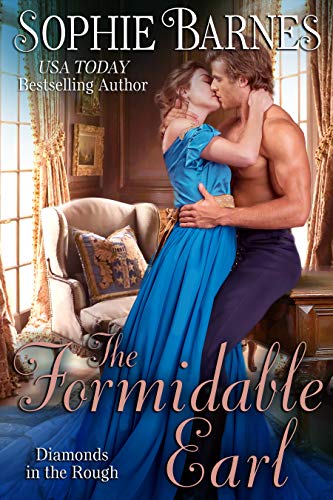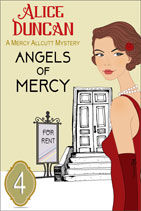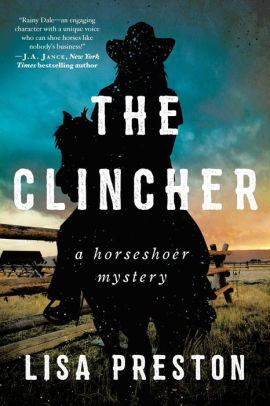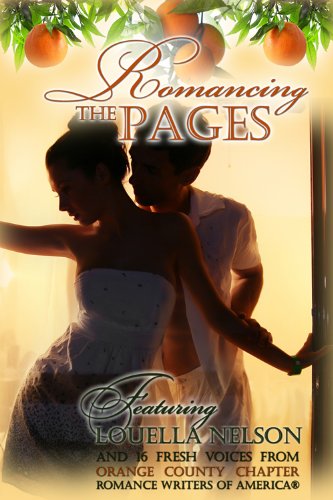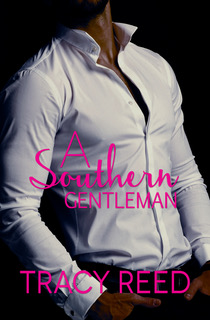Happy Fall… Or is it autumn?!
September 28, 2020 by Alina K. Field in category Quarter Days by Alina K. Field, Writing tagged as American English, British English, historical fiction, Spelling and Punctuation, writing craftA Quarter Days’ Post
Greetings! I’m back for my quarterly post about various and sundry things related to writing historical fiction.
In my last post I talked about the delights of playing with words and creating Tom Swifties.
Today I’m talking about the difference between English and English, as in American vs. British.
Is it fall? Or is it autumn? More on that later.

What’s in your tool kit?
Words are the building blocks we writers and speakers use to create story. We start hoarding those blocks early, and the resulting vocabulary says much about our own personal settings—where we grew up, what our social milieu is, what our family is like.
A case in point—my grandkids’ first words. We waited with bated breath for each munchkin’s first spoken vocabulary word. I coached them repeatedly (and unsuccessfully) to say “mama”.
But for both of them the first word was… DOG! (Yes, we do love our dogs.)

Fledgling writers
are taught “write what you know”. I wonder why? It’s a lot more fun to step outside the known world. But it does lead to challenges.
The biggest challenge: You don’t know what you don’t know.
For a 21st century American like me trying to set a story in Georgian England, there are a million opportunities to err.
First there’s the issue of etymology. Was a word used during this story’s time period?
A couple of examples from a Regency first draft I was beta reading for a friend:
- Hooligan: a great word, right? Unfortunately it dates to the 1890s.
- Foyer: Sadly, this dates to 1859.
And a couple from my own first drafts:
- Merry Widow: as my editor pointed out, this phrase references Franz Lehar’s operetta’s English title from 1907. Just a tad later than the Regency!!!
- Shack: Not only is this a later word (1878) but it’s of American or Canadian origin.
Which brings up another potential pitfall for the fledgling Regency Romance author.
American vs. British
Americans and Brits may speak the same language, but we use different words.

I’m fortunate to work often with an editor in England, and so I’ve compiled my own list of Americanisms for my own pre-editing purging.
Some more examples:
This very funny post from a British writer complete with illustrations.
And a list of 60 American English words translated into British English.
Spelling and punctuation are different too.
Once, long ago, while reading one of Georgette Heyer’s books, I wondered why they kept writing “cosy” instead of “cozy”. Why had so many misspellings slipped past the editor?
The British spelling was different enough to make it a jarring read for this ignorant and unaware American who happens to be a good speller. Fortunately, I’m wise to them now.
There are also punctuation differences. Here’s a short post about some of those.
And a long one about spelling differences.
I don’t believe Regency readers will pillory an author over this issue, so I’ve settled on using American spelling and punctuation in my stories.
One might say, in this area at least, I’m writing what I know!
Do you suppose we’ll ever go “one-world” on the spelling and punctuation rules?
Happy fall (and autumn) to everyone, and I’ll be back in December!
Images credits: autumn leaves and dog are from Stencil (I’d happily claim that dog though!); image of words is from Wikimedia Commons.
2 0 Read more
Affiliate Links
A Slice of Orange is an affiliate with some of the booksellers listed on this website, including Barnes & Nobel, Books A Million, iBooks, Kobo, and Smashwords. This means A Slice of Orange may earn a small advertising fee from sales made through the links used on this website. There are reminders of these affiliate links on the pages for individual books.
Search A Slice of Orange
Find a Column
Archives
Featured Books
THE FORMIDABLE EARL
He's breaking the rules for one woman, and coming dangerously close to falling in love…
More info →ANGELS OF MERCY
It's a warm August morning in 1926 Los Angles . . .
More info →ROMANCING THE PAGES
Celebrate all year long through Romancing the Pages
More info →A SOUTHERN GENTLEMAN
"A woman walks into a crowded Manhattan bar and meets a nice southern gentleman." That sounds like the beginning of a bad joke or the beginning of an intriguing love story.
More info →Newsletter
Contributing Authors
Search A Slice of Orange
Find a Column
Archives
Authors in the Bookstore
- A. E. Decker
- A. J. Scudiere
- A.J. Sidransky
- Abby Collette
- Alanna Lucus
- Albert Marrin
- Alice Duncan
- Alina K. Field
- Alison Green Myers
- Andi Lawrencovna
- Andrew C Raiford
- Angela Pryce
- Aviva Vaughn
- Barbara Ankrum
- Bethlehem Writers Group, LLC
- Carol L. Wright
- Celeste Barclay
- Christina Alexandra
- Christopher D. Ochs
- Claire Davon
- Claire Naden
- Courtnee Turner Hoyle
- Courtney Annicchiarico
- D. Lieber
- Daniel V. Meier Jr.
- Debra Dixon
- Debra H. Goldstein
- Debra Holland
- Dee Ann Palmer
- Denise M. Colby
- Diane Benefiel
- Diane Sismour
- Dianna Sinovic
- DT Krippene
- E.B. Dawson
- Emilie Dallaire
- Emily Brightwell
- Emily PW Murphy
- Fae Rowen
- Faith L. Justice
- Frances Amati
- Geralyn Corcillo
- Glynnis Campbell
- Greg Jolley
- H. O. Charles
- Jaclyn Roché
- Jacqueline Diamond
- Janet Lynn and Will Zeilinger
- Jaya Mehta
- Jeff Baird
- Jenna Barwin
- Jenne Kern
- Jennifer D. Bokal
- Jennifer Lyon
- Jerome W. McFadden
- Jill Piscitello
- Jina Bacarr
- Jo A. Hiestand
- Jodi Bogert
- Jolina Petersheim
- Jonathan Maberry
- Joy Allyson
- Judy Duarte
- Justin Murphy
- Justine Davis
- Kat Martin
- Kidd Wadsworth
- Kitty Bucholtz
- Kristy Tate
- Larry Deibert
- Larry Hamilton
- Laura Drake
- Laurie Stevens
- Leslie Knowles
- Li-Ying Lundquist
- Linda Carroll-Bradd
- Linda Lappin
- Linda McLaughlin
- Linda O. Johnston
- Lisa Preston
- Lolo Paige
- Loran Holt
- Lynette M. Burrows
- Lyssa Kay Adams
- Madeline Ash
- Margarita Engle
- Marguerite Quantaine
- Marianne H. Donley
- Mary Castillo
- Maureen Klovers
- Megan Haskell
- Melanie Waterbury
- Melisa Rivero
- Melissa Chambers
- Melodie Winawer
- Meriam Wilhelm
- Mikel J. Wilson
- Mindy Neff
- Monica McCabe
- Nancy Brashear
- Neetu Malik
- Nikki Prince
- Once Upon Anthologies
- Paula Gail Benson
- Penny Reid
- Peter Barbour
- Priscilla Oliveras
- R. H. Kohno
- Rachel Hailey
- Ralph Hieb
- Ramcy Diek
- Ransom Stephens
- Rebecca Forster
- Renae Wrich
- Roxy Matthews
- Ryder Hunte Clancy
- Sally Paradysz
- Sheila Colón-Bagley
- Simone de Muñoz
- Sophie Barnes
- Susan Kaye Quinn
- Susan Lynn Meyer
- Susan Squires
- T. D. Fox
- Tara C. Allred
- Tara Lain
- Tari Lynn Jewett
- Terri Osburn
- Tracy Reed
- Vera Jane Cook
- Vicki Crum
- Writing Something Romantic
Affiliate Links
A Slice of Orange is an affiliate with some of the booksellers listed on this website, including Barnes & Nobel, Books A Million, iBooks, Kobo, and Smashwords. This means A Slice of Orange may earn a small advertising fee from sales made through the links used on this website. There are reminders of these affiliate links on the pages for individual books.

